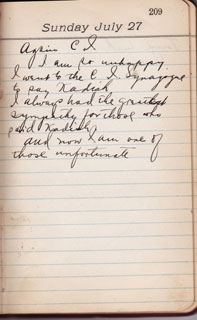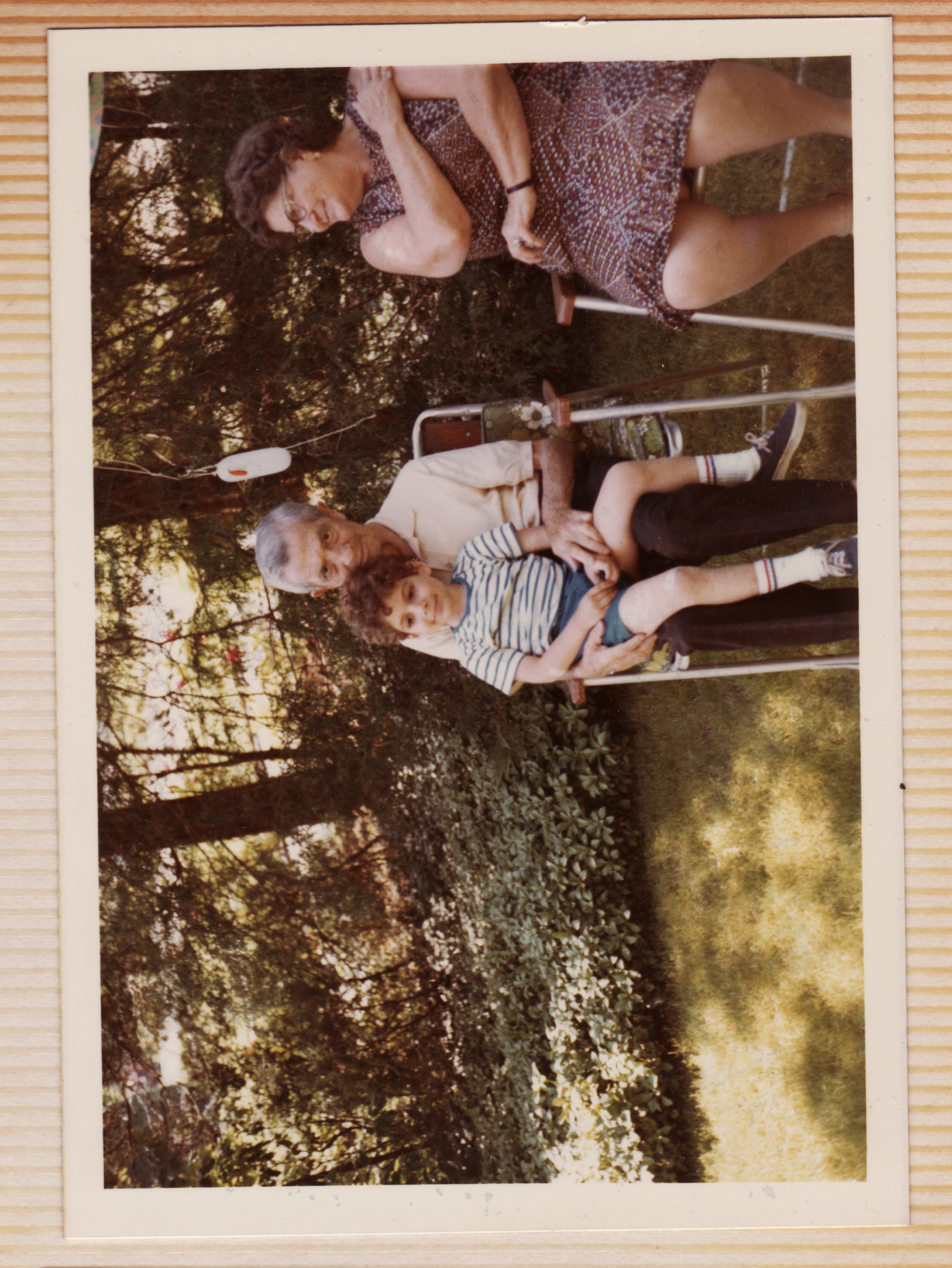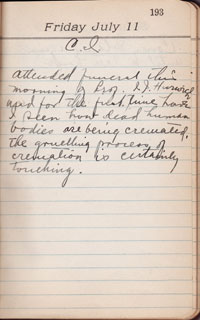
C.I.
Attended funeral this
morning of Prof. I.S. Hurwich
and for the first time have
I seen how dead human
bodies are being cremated.
The gruelling process of
cremation is certainly
touching.
——————-
Matt’s Notes
I must say I’m a bit baffled by this entry. I think Papa says he went to the funeral of a Professor named “I.S. Hurwich,” though his handwriting bunches up a little and makes it hard to tell:

I haven’t yet learned who Professor Hurwich was or how Papa know him, though I’m more intrigued by the circumstances under which Papa watched the good Professor’s cremation. Did the funeral take place while Papa was out on Coney Island? Hurwich was no Viking — he was more likely a Zionist leader or, perhaps, a luminary of Yiddish-language criticism — so I don’t think he was set afire and launched out past the breakers. I suppose a public crematorium could have been one of Luna Park’s sideshow attractions — there was, after all, an “Incubator Baby” hospital right on the Boardwalk — but I don’t think Papa would have paid to see such a thing.
So, the question remains: Who was Professor Hurwich, and in what kind of facility did his cremation take place? Also, were open cremations an established tradition in the 1920’s? And what does Papa mean when he says the cremation process was “touching?” I usually think “touching” describes the invocation of gentle or wistful emotions, but maybe Papa, who also found the affair “grueling,” used it as a polite way to say “grotesque” or “frightening.” In any event, gentle reader, please send an e-mail or drop a comment if you have any ideas.
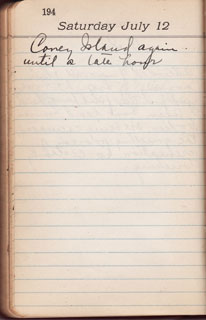




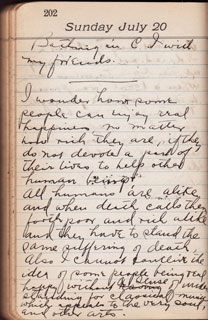 Bathing in C.I. with
Bathing in C.I. with